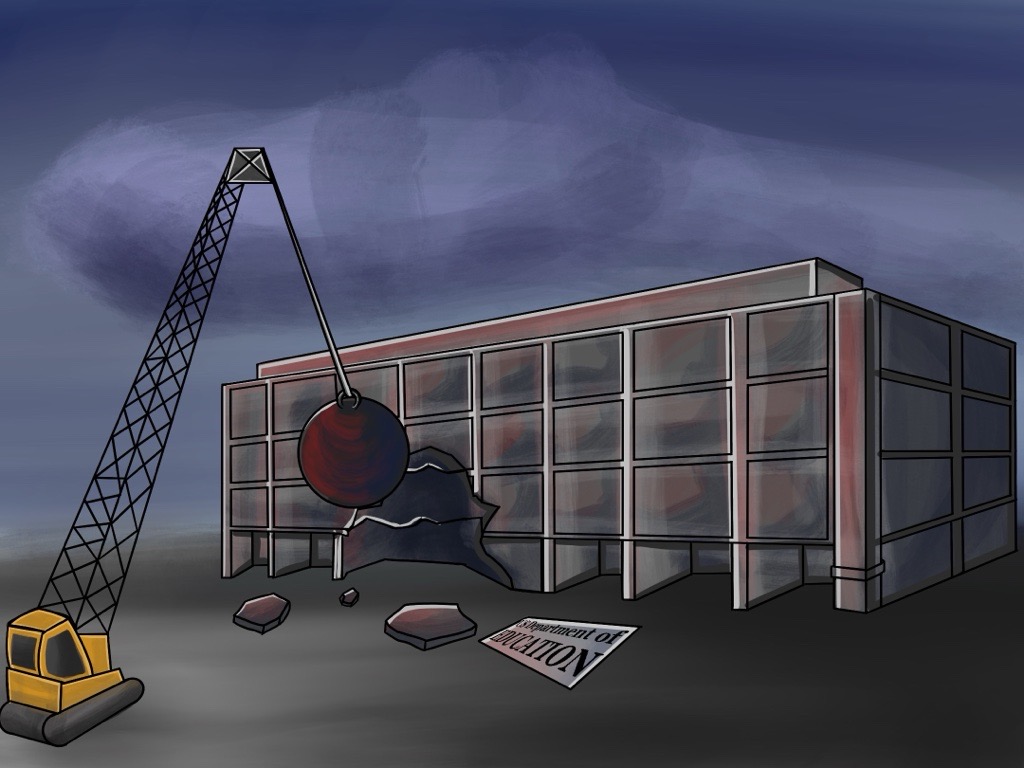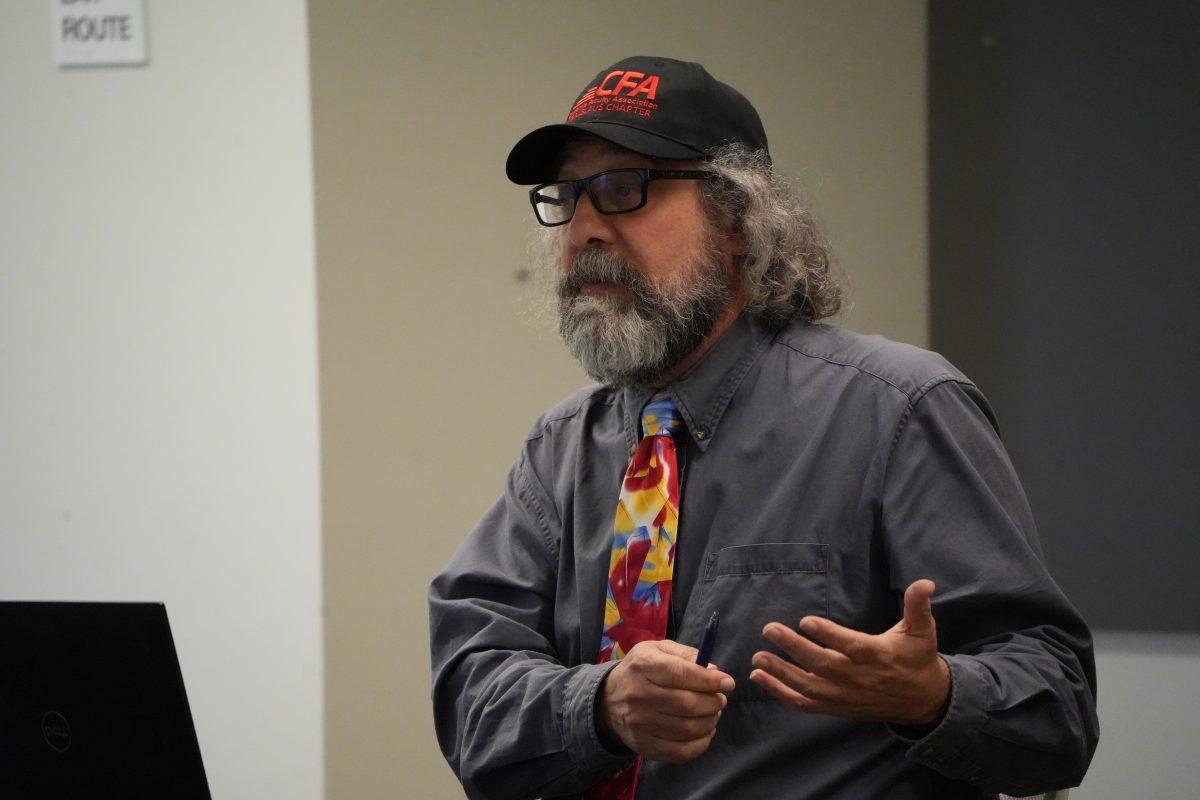Fire prevention is one of the most important safety focuses for California State University, Stanislaus. The Housing and Residential Life department has turned attention to increasing awareness of the severity of fires on and off campus.
Every spring semester, all the Residential Assistants (RA) are trained in fire safety and evacuation drills.
“We have improved our overall fire safety programs and have incorporated fire safety training for our resident advisors,” said Occupational Safety Specialist Kellie Marshall.
All RAs undergo an extensive four hour training session with the Modesto Fire Department, as well as a fire simulation so that they are more equipped for the real effects of fire. After that, RAs are educated by the campus police about the campus’s safety precautions.
“Being an on-campus community, we are held to all the state and federal fire safety standards,” said Housing and Residential Life Director Jennifer Humphrey.
CSU Stanislaus also performs quarterly mandated evacuation drills conducted within National Fire Prevention Association Guidelines.
The first of these drills is executed within the first week of residents moving in; the goal for the procedure is for them to be out of the buildings within five minutes.
CSU Stanislaus placed in the top 16 colleges of “The Princeton Review Fire Safety Aid Honor Roll” for 2011. CSU Stanislaus was the only campus in California to boast this award.
Campus dorms are well-regulated and the safety equipment is kept current and up to date. In addition to quarterly inspections of all fire sprinkler systems, monthly health and wellness inspections are performed to ensure that the safety equipment is not tampered with.
There is also an annual state fire marshal inspection and live testing of fire sprinkler systems. Hanging objects from fire sprinklers or taking the battery out of the fire alarms are considered evictable offenses for all residents, and not looked over lightly.
“We are really trying to develop a program that focuses on preventative education,” Humphrey said.
One of the main fire dangers is cooking. With 124 of the campus dorms having kitchens, residents must be extra cautious when preparing their meals.
“Cooking fires are one of the main risks for fire,” Humphrey said.
Next semester the Housing and Residential Department is hoping to place magnets in the dorm kitchens with general cooking safety tips.
“I am not that aware of the fire safety practices,” said first year dorm resident Luis Hernandez (freshman, Criminal Justice).
Humphrey realizes that many students are not aware of the practices, and she is hoping to change that.
Humphrey also explained that the department is actively partnering with Turlock City firefighter Justin Rossiter of Station 3 to implement a three-year plan to increase fire safety awareness on and off campus.
The staff would like to incorporate a video at the move-in meeting that shares a young RA’s story of how she was burned trying to get students out of a burning building.
Housing would also like to recognize September as fire safety month and hold weekly activities that inform residents of different elements of fire safety. The university is always focusing on various preventative methods in order to avoid possible fires.
To find fire-related statistics check the university website under Crime Statistics, then click on Campus Security and Fire Report. The statistics since 2010, as well as housing policies, evacuation procedures and fire suppression systems can be found there as well.
“We are always looking to improve. That’s the name of the game so in the event that a true situation happens we are prepared and lives are not lost,” Kellie Marshall said. “We always have to stay several steps ahead.”
Categories:
Fire safety better prepares university
By Kristal Milnik
•
April 26, 2013
0
More to Discover






